 In the mid-70s I indulged myself by having my colors done at Personal Style Counselors, in Oakland, California. It was one of the places where I chose to spend the required money ($200 if my memory serves--not a small amount for a single mother working in non-profits to save) to do it right and have never regretted it. All the color analysts were graduates of four-year programs in the fine arts and then received substantial training from the firm. My analyst spent over an hour with me, under a skylight, matching color swatches to my hair, skin, teeth, eyes, and the whites of my eyes. I ended up with a full palette of colors, representing shades I could wear of all of the major colors. (I can't wear pure white well, but there are several off-whites that are dynamite on me, for instance.) Then, I took a series of classes in what all of this meant as far as design was concerned. How to wear neutrals, how to mix dynamic colors and not overdo it, how to build a wardrobe that, over time, totally supported me looking my best. It has been about 30 years now, and there are no colors in my closet that can't be worn with any other colors in my closet (except the "not-my-color" orange tee shirt with the sandhill crane given me by someone who knew I love sandhill cranes). I don't wear cotton tee shirts with my silk floor length skirt, but the colors would go if I did.
In the mid-70s I indulged myself by having my colors done at Personal Style Counselors, in Oakland, California. It was one of the places where I chose to spend the required money ($200 if my memory serves--not a small amount for a single mother working in non-profits to save) to do it right and have never regretted it. All the color analysts were graduates of four-year programs in the fine arts and then received substantial training from the firm. My analyst spent over an hour with me, under a skylight, matching color swatches to my hair, skin, teeth, eyes, and the whites of my eyes. I ended up with a full palette of colors, representing shades I could wear of all of the major colors. (I can't wear pure white well, but there are several off-whites that are dynamite on me, for instance.) Then, I took a series of classes in what all of this meant as far as design was concerned. How to wear neutrals, how to mix dynamic colors and not overdo it, how to build a wardrobe that, over time, totally supported me looking my best. It has been about 30 years now, and there are no colors in my closet that can't be worn with any other colors in my closet (except the "not-my-color" orange tee shirt with the sandhill crane given me by someone who knew I love sandhill cranes). I don't wear cotton tee shirts with my silk floor length skirt, but the colors would go if I did.At that time, having your colors done was a real fad. You could have them done at a party, where you would be given a prepared collection of colors to wear. This cost, at that time, about $35. The "analysts" had received about two hours of training and hadn't a clue what they were doing.
The thing here was that you get what you pay for. I, mostly out of dumb luck, first heard of color analysis from a friend who had gone to Personal Style Counselors, and so that was the standard by which I was judging other possibilities when I looked at where to go. I ended up with information that I will use for the rest of my life, because it was correctly done. Very few of the women I knew could say that. They went looking for bargains, and so they were cheated.
Probably the "analysts" who they consulted didn't mean to cheat them. Probably the "analysts" who they consulted actually thought that what they were doing was color analysis and that they were trained professionals. How someone could believe that you could become trained as any kind of a consultant in less time than McDonald's spends training their staff, I do not know. But there is a great deal of it in the world.
The push for instant answers and instant expertise is great. The concept that proficiency comes from knowledge and practice and effort seems foreign. I got to thinking about this today after visiting Ronni at As Time Goes By where Crabby Old Lady is writing about Elder Life Coaches, many of whom may have been doing $35 color analysis in the 70s. Flimflam, Crabby calls it; flimflam, Maya's Granny agrees.
Expertise requires effort. It requires education. It requires thinking about. It requires asking questions of someone who knows the answers or at least knows how to look for the answers. It requires time. It requires experience in the field with professional guidance. You don't get it from a how-to book or a computer coarse.
Even a degree will not give it to you. I had two children, in two sets of circumstances. Richard was born in the county hospital, delivered by an intern. When I told him that this baby would come fast, that the women in my family for five generations back had never gone over four hours of labor and seldom more than two, he told me that they had lied to me to keep me calm. "This," he said from the glory of his degree, "is a first birth. You will go about 36 hours." Less than two hours after the first pain, that man had to drop his coffee cup and catch Richard. Two years later, I had Julie. This time I had an ob-gyn who was in his 60s. He took one look at me when I walked into his office and said, "Good wide pelvis. Your first birth took about two hours?" That is the difference between education and experience.
 The neighbor who buys a how-to book on cabinetry and turns out a wonderful set of cabinets was not an amateur when she started! She already knew a tape measure from a jigsaw and how to use both. She had already built bird houses and book shelves and other well crafted items. The parent who learns from parenting books already has some experience with children and some other, more experienced parents to consult when her understanding of the book leads her astray.
The neighbor who buys a how-to book on cabinetry and turns out a wonderful set of cabinets was not an amateur when she started! She already knew a tape measure from a jigsaw and how to use both. She had already built bird houses and book shelves and other well crafted items. The parent who learns from parenting books already has some experience with children and some other, more experienced parents to consult when her understanding of the book leads her astray.There are no instant experts. There is no easy way to competence and knowledge. No pills. No sleep learning. No affirmations. Just slogging hard work. And until I have put that in, I'm not an expert. It's why grandfathers are wise, why old wives tell tales that matter.
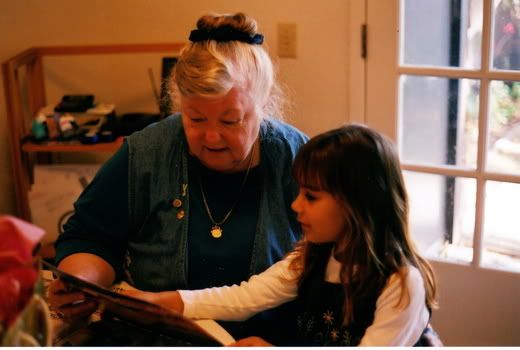
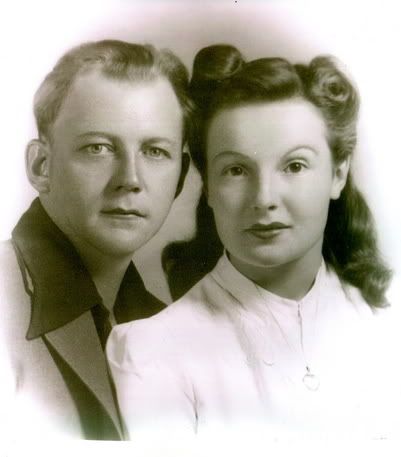
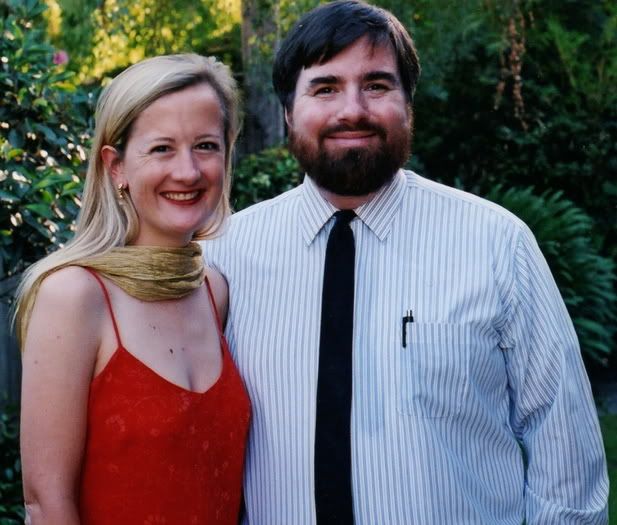
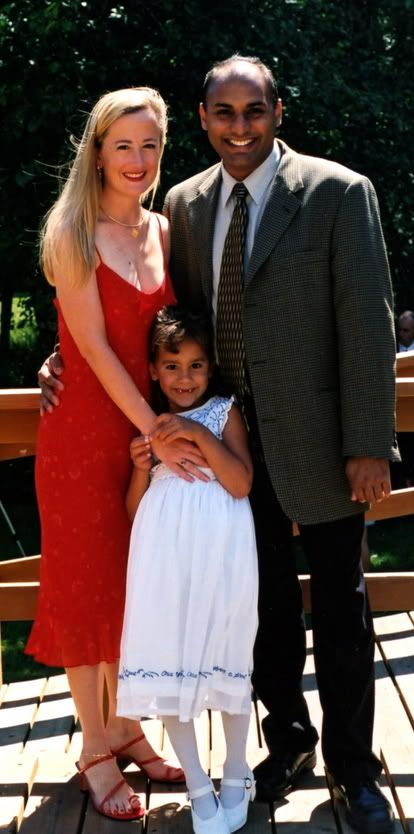
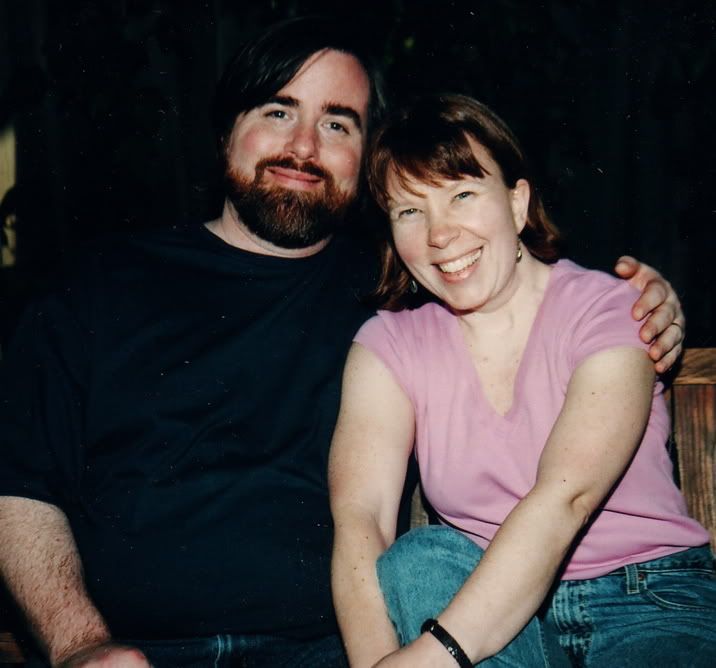













6 comments:
I try never to buy "cheap" things, but instead look for quality items/services at a good price.
I've always wanted to do a color analysis, I think you can get them done at Nordstrom if you go to their personal shopper setion and sign up for one. But, I have a fairly good eye for color, and haven't really messed up too badly yet. I hope.
You're so right about education vs. expertise. In my company, they went through a period of hiring fresh-out-of-school MBA'a and putting them in charge of departments and projects they had no experience with (rather than promoting from within). Needless to say, we had to spend a lot of time educating them about how our departments operated, and had to clean up a lot of messes resulting from vital pieces or processes being cut to "maximize efficiencies".
Also thinking about some upcoming minor surgery I'm scheduled for...we chose the older surgeon who does 200+ per year of the kind of surgery I need instead of the younger guy who does 25-36 per year. We might have to pay more out-of-pocket for this guy, as he's not on contract with my insurance company, but for his experience, it seems worth it.
You would laugh yourself silly at my "wardrobe". I think I'm hopeless.
AMEN! I never succumbed to the urge to "get my colors done" in the 70's, for 2 reasons. One: I couldn't really afford it then, and two: I knew I would never pay much attention to what they said. I seem to have an innate ability to figure out what colors are best for me, but I often buy something I know is not good and wear it anyway. When I was young, my mom dressed me in red as much as possible, since it was her favorite color and she thought I looked good in it. She hated black and I loved it. Once I got old enough to veto her choices, I wore a lot of black (it looks great on me) and seldom wore red. But some 25 years later, I realized that mom really did know best, and now I wear a lot of red.
My general rule is simply not to wear any color not found in nature.
It seems to work pretty well.
"The push for instant answers and instant expertise is great. The concept that proficiency comes from knowledge and practice and effort seems foreign...
"Expertise requires effort. It requires education. It requires thinking about. It requires asking questions of someone who knows the answers or at least knows how to look for the answers. It requires time. It requires experience in the field with professional guidance. You don't get it from a how-to book or a computer course."
This gets to the heart of what I Crabby Old Lady was trying to say. Thank you, Maya's Granny.
Post a Comment